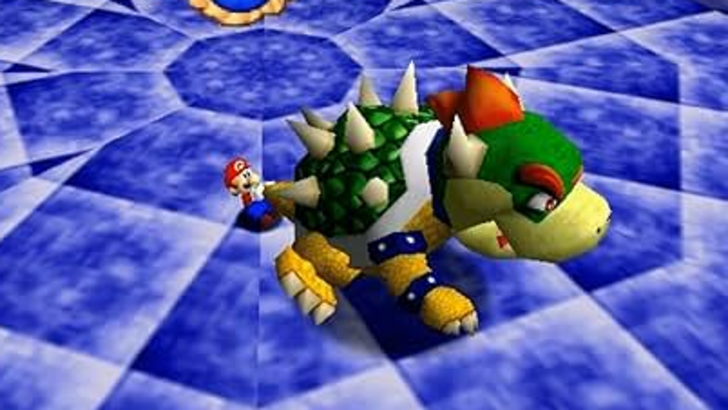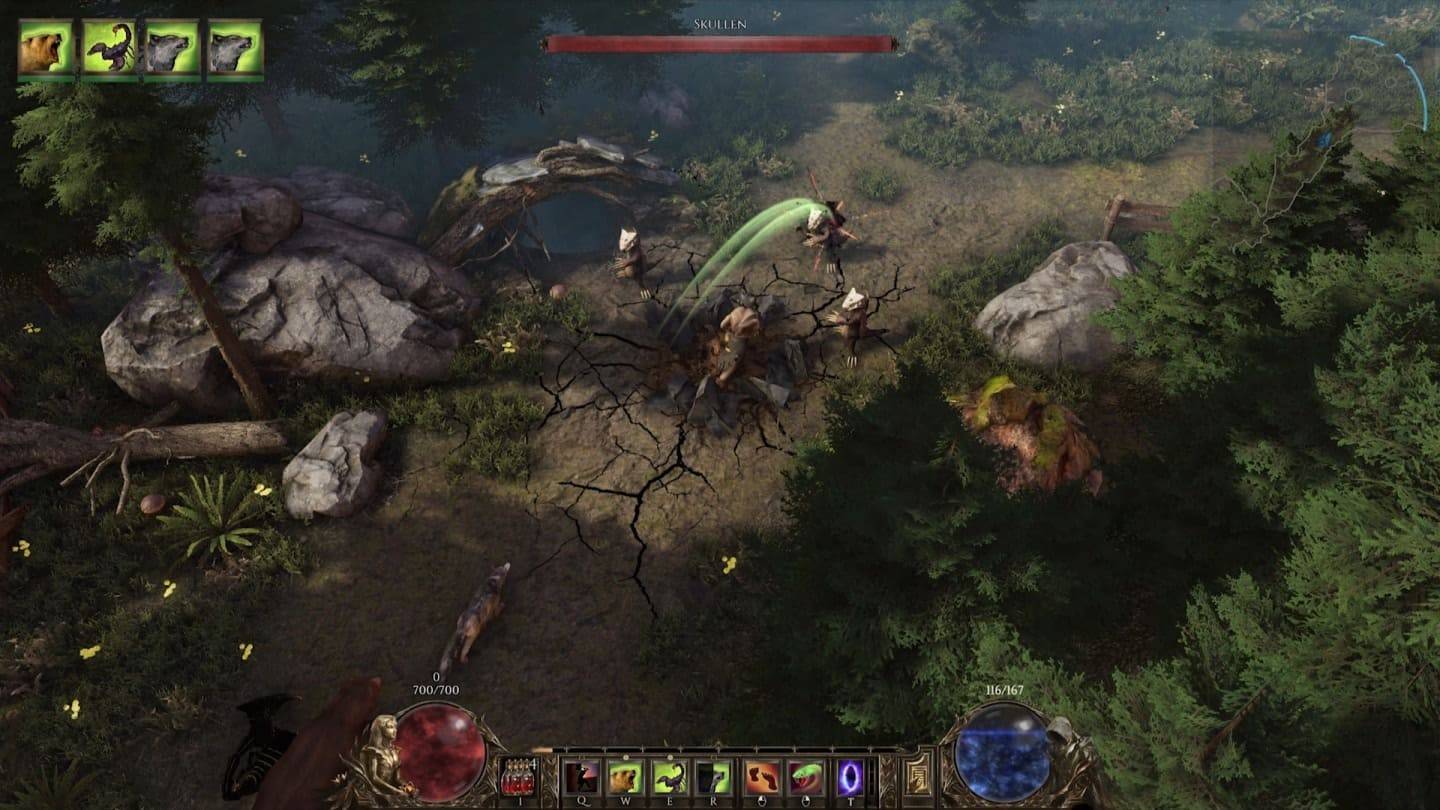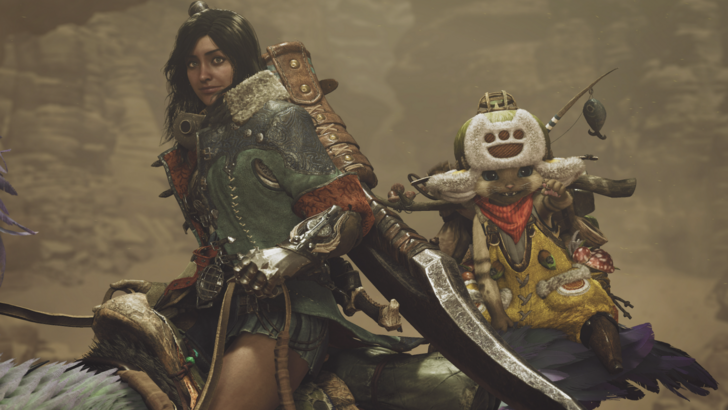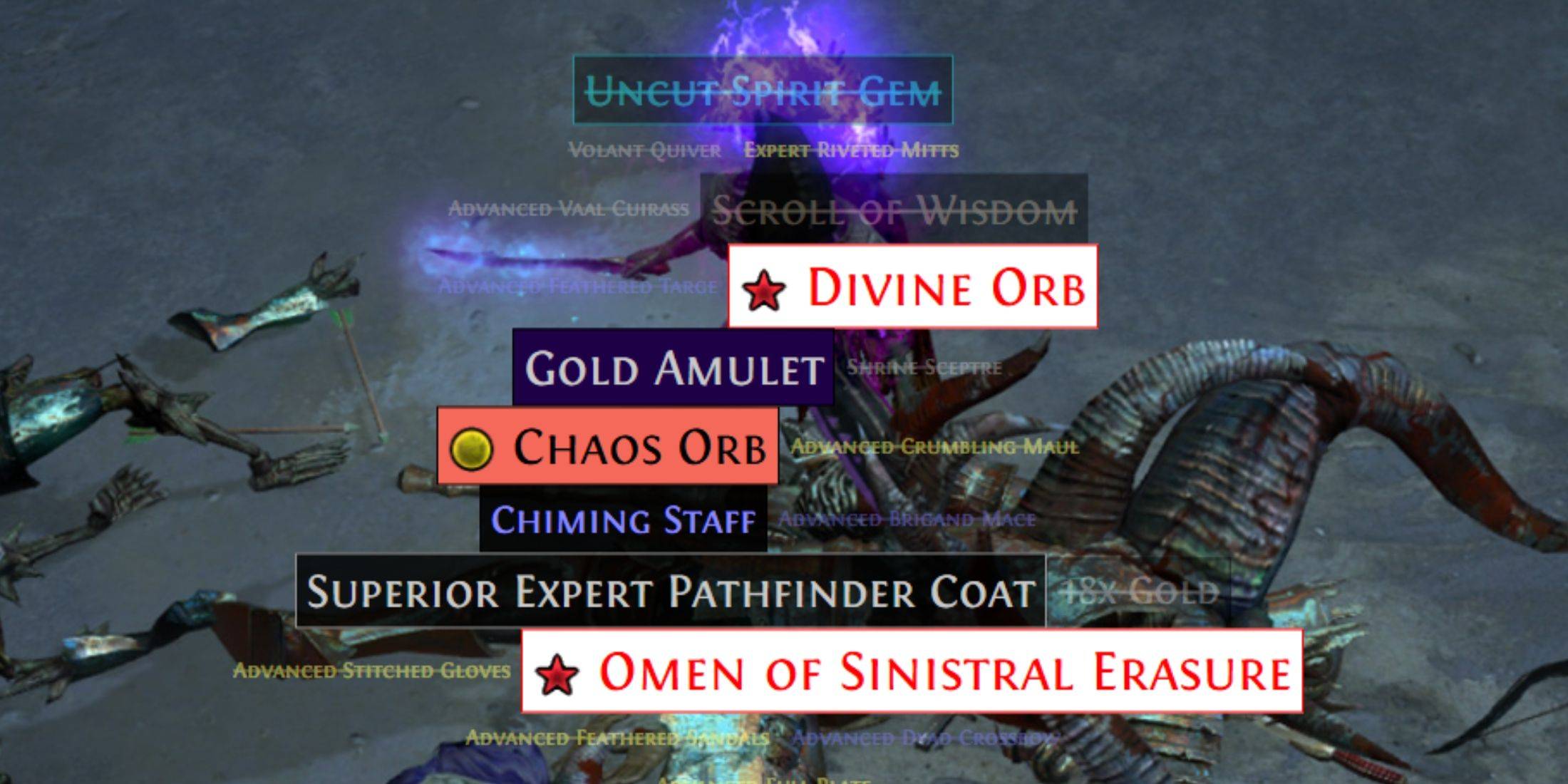The God of War franchise has remained a defining PlayStation experience across four console generations. When Kratos' vengeance-fueled quest to ascend as the war deity began in 2005, few predicted his transformation two decades later. While many franchises struggle to maintain relevance, God of War's adaptability has ensured its longevity - most notably through its 2018 reboot that transported Kratos from Greek to Norse mythology, revolutionizing both visuals and gameplay. Even before this acclaimed refresh, developer Sony Santa Monica implemented gradual yet impactful changes that preserved the series' vitality.
The Secret to Lasting Success
Future installments must continue this tradition of reinvention. Director Cory Barlog previously envisioned exploring Egyptian and Mayan mythologies after the Norse saga, with recent rumors fueling speculation about an Egyptian setting. Beyond the appeal of pyramids and rich cultural lore, any new chapter must follow the Norse games' example of reworking the Greek trilogy's successful elements into fresh, innovative experiences.

Evolution Through the Ages
The Greek trilogy itself evolved substantially over its decade-long run, refining its hack-and-slash combat to perfection by God of War 3. The PS3's power enabled more dynamic camera angles showcasing stunning visuals (for 2010 standards), alongside enhanced magic systems and enemy variety. The reboot discarded elements like platforming segments that clashed with its new over-the-shoulder perspective, while adapting puzzles to suit its adventure-focused design.
The Valhalla DLC for Ragnarök brilliantly reconciled old and new, resurrecting the battle arenas from God of War 2 while framing them within Norse mythology and Kratos' emotional journey. This mechanical callback paralleled the narrative's return to Greek roots, bringing Kratos' arc full circle.
New Tools for New Realms
The Norse saga introduced game-changing additions like the Leviathan Axe's throwing mechanics, parry-focused shield combat, and Ragnarök's explosive magical spear. These weapons became essential for traversing the Nine Realms, each boasting distinct environments, enemies, and visual identities. These innovations demonstrate how the series builds upon rather than abandons its foundations.

The Heart of Reinvention
The most transformative change lies in storytelling. The Norse games explore Kratos' grief for his wife and strained relationship with son Atreus with unprecedented emotional depth - a far cry from the original trilogy's more simplistic vengeance narrative. This narrative evolution proved crucial to the Norse era's acclaim.
Unlike traditional sequels, the creators view these as extensions of Kratos' journey - a philosophy essential for future installments. This contrasts with franchises like Assassin's Creed, where radical shifts have sometimes diluted core identity. While 2023's Mirage attempted to recapture earlier magic, it demonstrates how reinvention requires balancing innovation with franchise soul.
God of War's successful reinvention stems from honoring its core - maintaining Kratos' compelling character and the series' brutal combat while building new systems around them. Each addition like expanded Spartan Rage options, new weapons, and even playing as Atreus enhanced rather than distracted from what made the franchise great.
Future settings, whether Egyptian or otherwise, must preserve this balance while pushing boundaries. If the Norse games set the combat standard, their true triumph was storytelling - transforming Kratos from rage monster to complex father figure. The next chapter must build upon this narrative strength while crafting innovations worthy of becoming the next gold standard for the franchise.

 Latest Downloads
Latest Downloads
 Downlaod
Downlaod



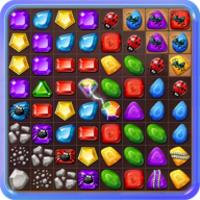
 Top News
Top News